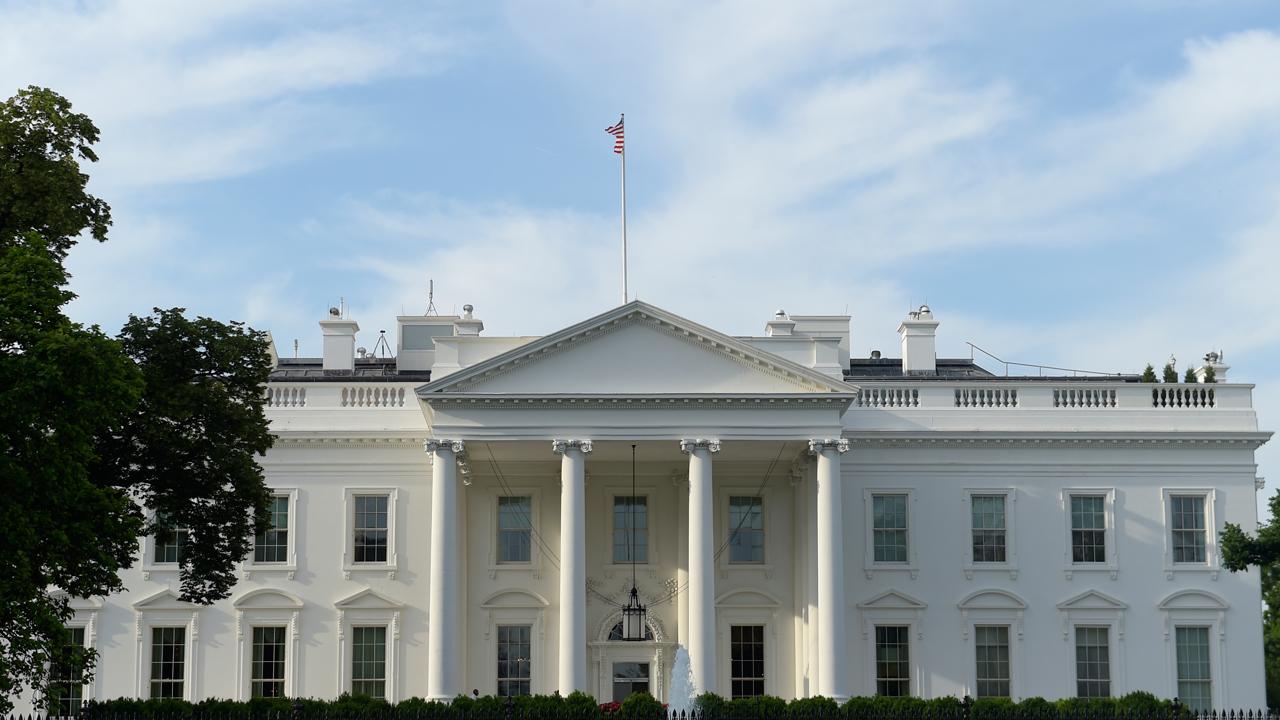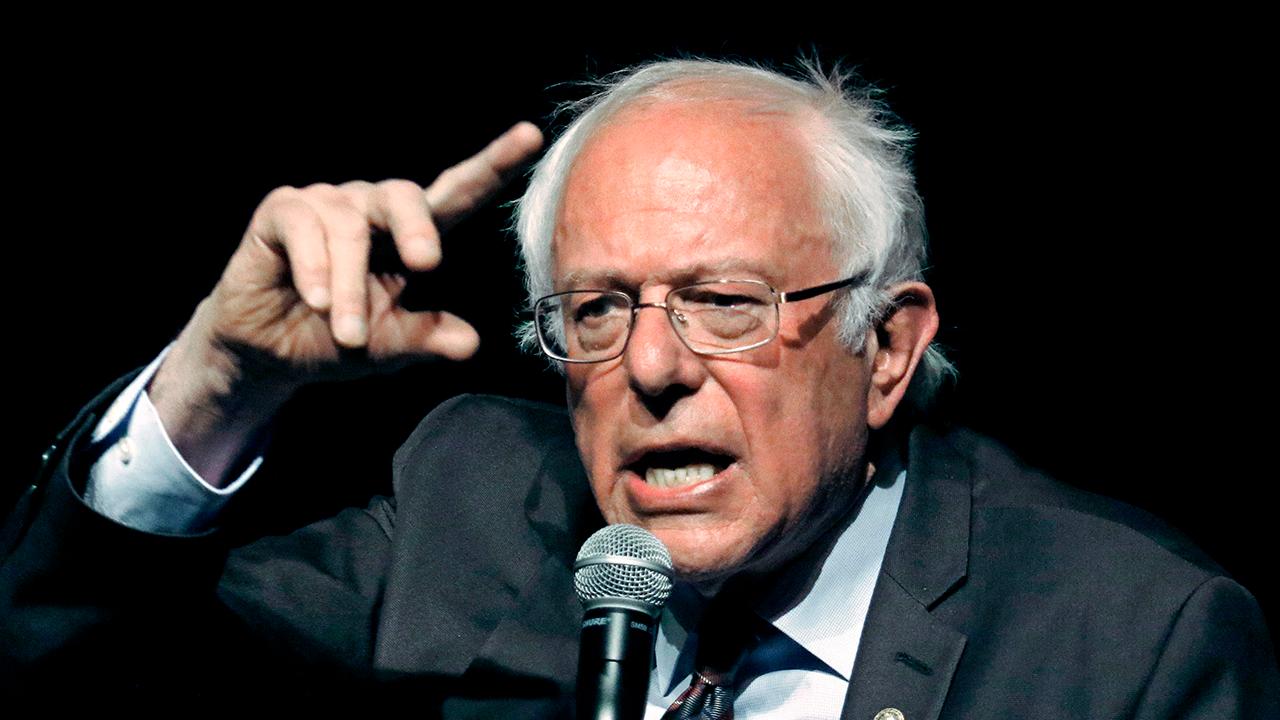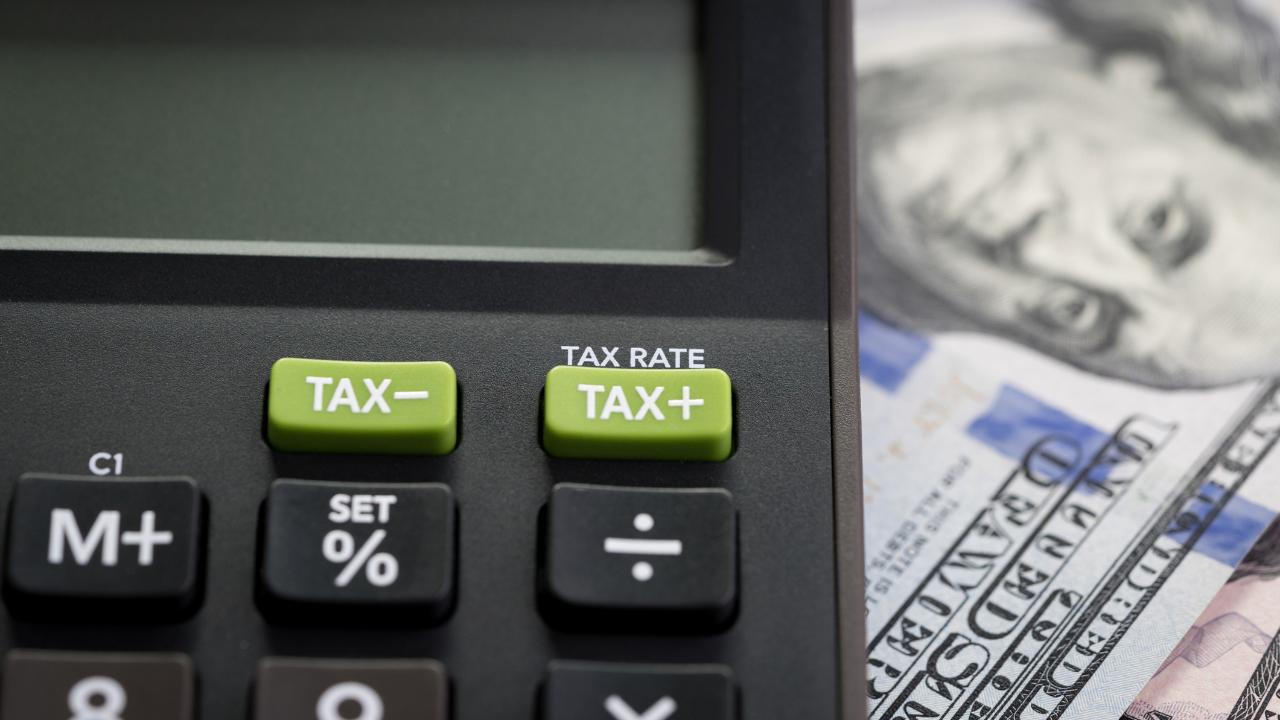Scrap the estate tax, impose an 'inheritance tax': About the new proposal
A former Obama adviser proposes requiring heirs to pay income and payroll taxes on inheritances they receive
While lawmakers have duked it out over methods to tax the assets of the wealthiest Americans when they die, a new paper suggests Democrats have it all wrong by seeking to expand the estate tax.
Former Obama adviser and New York University professor Lily Batchelder wrote a paper proposing a so-called inheritance tax as an alternative to the estate tax. The latter, she said, taxes inherited income at less than one-seventh the average tax rate on earnings and income.
Instead of taxing the transfer of assets when an individual dies through a separate system, Batchelder wants heirs to pay income and payroll taxes on inheritances they receive. That means heirs would include any inheritances they receive as part of their ordinary income – which would also allocate tax burdens based on their economic status.
“The proposal would almost exclusively burden the most affluent and most privileged heirs in society, while the additional revenues could be used to invest in those who are not as fortunate,” Batchelder wrote. “As a result, the proposal would soften inequalities, strengthen mobility, and more equitably allocate taxes on inheritances among heirs.”
The top rate for inheritances would ultimately come out to 49.5 percent.
SANDERS' ESTATE TAX WOULD HIT MORE HEIRS OF THE WEALTHY
TAX SEASON 2020: THE IRS' BIGGEST PROBLEMS AND HOW THEY MAY AFFECT YOU
The plan would allow heirs to spread out their taxable inheritance over the current year and the previous four years. People inheriting family businesses would enjoy special protections to ensure that the law never forces them to sell a business or residence in order to pay the tax liability.
With a lifetime exemption of $2.5 million, according to an estimate from the Urban-Brookings Tax Policy Center, the proposal would raise $340 billion over the course of a decade.
Lowering the exemption to $1 million would increase revenue to $917 billion over 10 years.
According to Batchelder, this year Americans will inherit $765 billion in gifts, yet the estate, gift and transfer taxes are only expected to raise $16 billion.
CLICK HERE TO GET THE FOX BUSINESS APP
The Tax Cuts and Jobs Act raised the basic estate tax exclusion amount to $10 million from $5 million through 2025 when provisions are set to expire. Assets exceeding that threshold are subject to a 40 percent tax rate. After adjusting for inflation, the exclusion amount for 2019 was $11.4 million (double for married couples).
Though some Republicans have advocated for nixing the tax altogether, 2020 Democrats have proposed adjusting the estate tax as a way to make the tax system more progressive.
Independent Vermont Sen. Bernie Sanders, for example, proposed applying the estate tax to assets worth more than $3.5 million. Under his plan, the first $3.5 million worth of assets would be exempted, after which a 45 percent rate would be triggered. For those with assets worth between $10 million and $50 million the rate would rise to 50 percent – and to 55 percent for an estate valued between $50 million and $1 billion.
Other candidates who have since dropped out of the race were considering similar adjustments.























